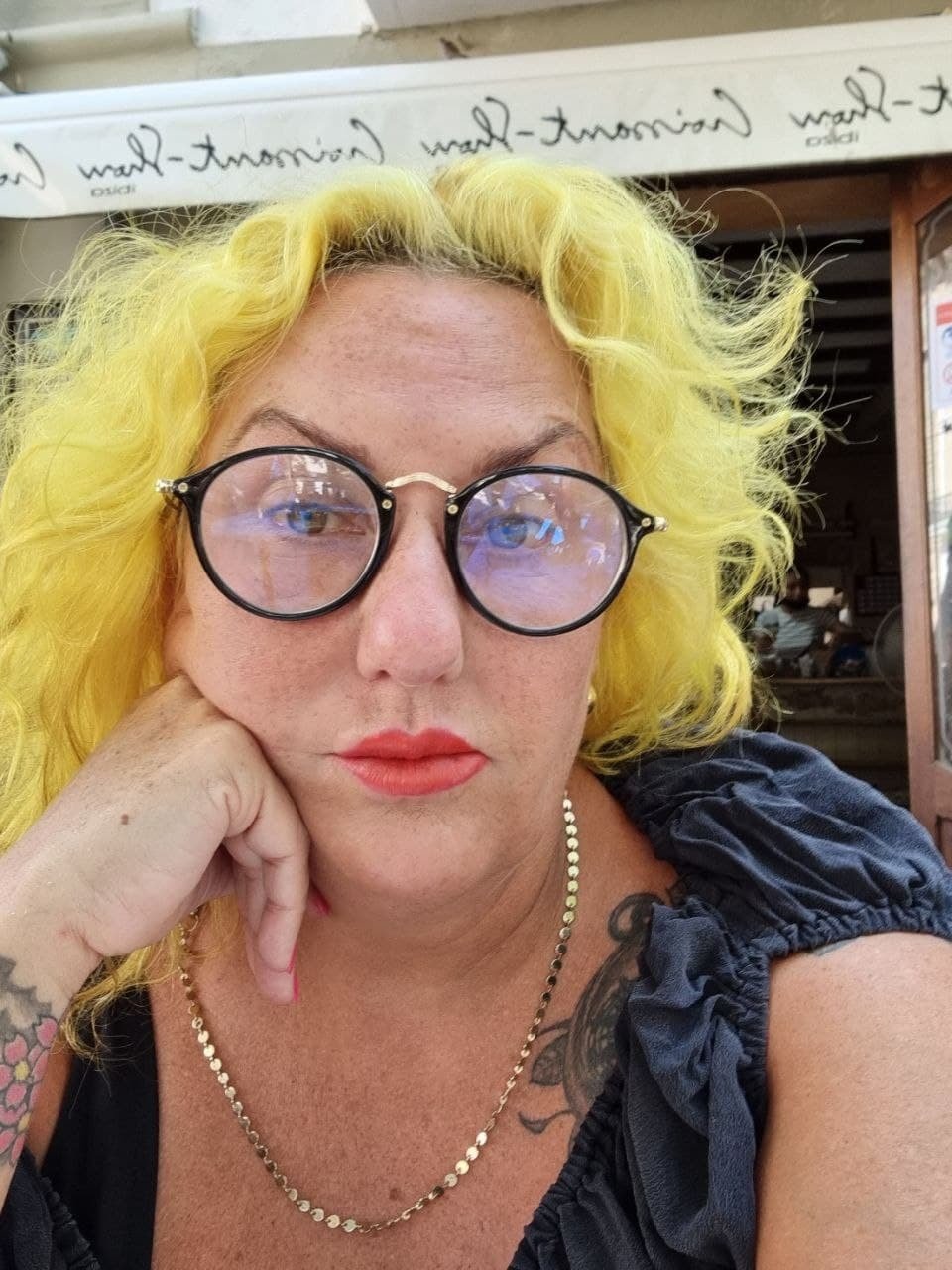The tragic murder of Sarah Everard shows we need to radically rethink our relationship with power and authority in Britain
Listening to the horrific details of the night a young woman walked home alone through London, it is incredible that a man could handcuff her, put her into the back of a car and drive off without anyone asking what he was doing.
That same man later raped and murdered Sarah Everard, buried her body and allowed her loved ones to suffer for over a week, not knowing where or how she was until her body was found.
This all happened at the beginning of March this year, during our third national lockdown when the whole country was tired of being kept away from each other, millions had not been able to see family and loved ones for months on end. Sarah Everard was returning from visiting a friend, contact she probably desperately needed, when Wayne Couzens, a serving Metropolitan policeman who had been on duty that day approached her using the official documentation and tools that legitimise police stop and searches. Witnesses saw Sarah being handcuffed and compliantly getting into the back of the black hire car being driven by Couzens.
Also on rt.com Treat domestic violence like terrorism? No, we need to stop exaggerating over what’s a new and dangerous form of police harassmentAs awful and disgusting this story is alone, there is a much wider debate we need to have about the way we think, or perhaps don’t think, about power relationships in our society. The British are not known as revolutionaries challenging power by force, scenes of mass demonstration that genuinely challenge are very rare but immediately after Couzens was arrested, women’s groups and individuals did defy lockdown rules to protest against the ways that women are not safe on British streets, or in British homes, or even online. Those protests were condemned for breaking lockdown rules and policed heavily. What happened to Sarah Everard is rare – a serving police officer using and abusing his institutional powers to kidnap, rape and murder a young woman does not happen often, but the police and other people in our society that have the privilege of institutional power over us abusing that power is not rare.
Ten years ago, I attended a meeting in my local community centre in St Ann’s, Nottingham – a council estate that has been stigmatised over generations as the place where the poor, the feckless, the single mums and the criminals reside. It is a working-class community, ethnically mixed with high population density and poor-quality council housing. I lived there for 25 years.
The meeting was being held in the community centre because the police crime commissioner at the time had commissioned research by an academic from the university about stop and searches on young people, and the general policing of working class and black youth in the city. The police and the academic presented the research mostly to a group of women, mothers who were interested in the safety of their children. The report noted that there was a high incidence of arrest around police contact – meaning something was happening during the time that the police approached and questioned a person on the street which was leading to an over representation of arrests mainly for assaulting a police officer and resisting arrest. A solution raised by the police was that young people did not know how to behave accordingly around police officers – just to be clear, the vast majority of people stopped on the street by the police have done nothing wrong at all – and yet there is always an assumption that institutional power is in the right. There is a culture in British society that teachers, police officers, doctors, judges and other authority figures have a moral and legal high ground that should not be challenged.
As the meeting continued the mothers in the community centre began to voice concerns around the numbers of young people in the area arrested for assaulting police officers or resisting arrest – and asked the academic, the police liaison officer and the police and crime commissioner what could be done? They suggested police going into primary schools – initially so children in the area would learn not to be afraid of the police and to see them as part of their everyday community, but also the police could organise learning sessions with children so they would know what to do when the police approach them and searched them, how to be compliant.
Also on rt.com MSM reporting of Plymouth shooting: Black people kill because they’re black, white people kill because they’re misunderstoodSome of the mothers, fearing for the safety of their children, started to agree. Some of us didn’t and vociferously made the argument that there were good reasons why people in our community were wary of the police and instead of teaching the community how to be compliant – the police should learn about tolerance and respect.
I am not apportioning any blame to anyone apart from those who are guilty in this case, but there needs to be a national self-reflection about the ways we critique and understand the power relationships between each other, and those who have authority over others rather than being above scrutiny need to scrutinised often, and regularly and in many ways, rather than the culture that those with authority are naturally right – we need to change that culture and ask why?
If you like this story, share it with a friend!
The statements, views and opinions expressed in this column are solely those of the author and do not necessarily represent those of RT.















